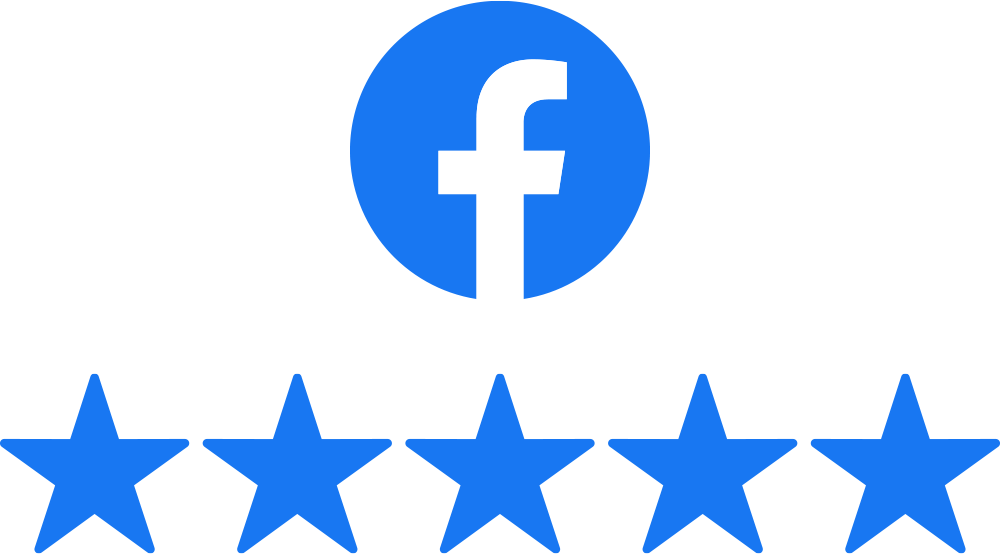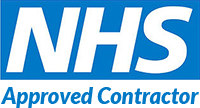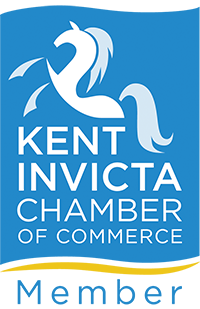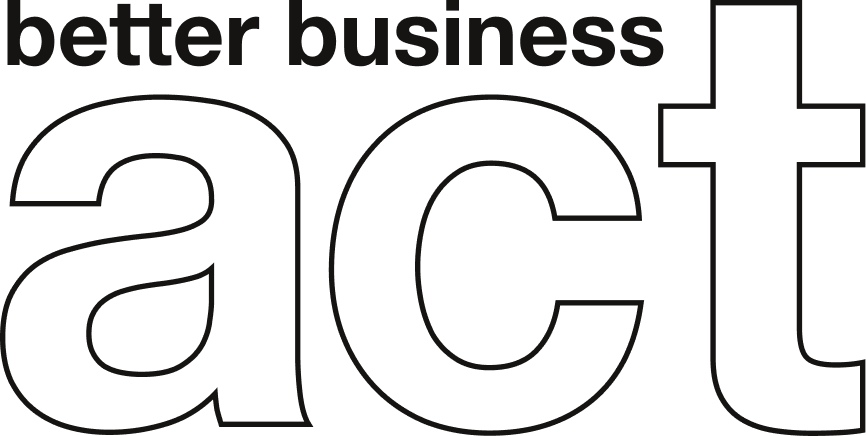7. What About Babies and Softened Water?
This is probably the most complex — and most emotive — question to answer.
That’s why the best advice we can give any parent of a young baby is simple: Do your own research, and make the decision that feels right for you and your family.
To help you, here’s a clear overview of what the water softening industry says and what the NHS say on the matter:

What the Water Softening Industry Says:
The industry follows guidance from the Drinking Water Inspectorate, part of DEFRA, which sets strict regulations for water quality and safety.
The leader in the European water softening sector is Harvey Water Softeners. Their chairman, Harvey Bowden, was a driving force behind clarifying the regulations on softened drinking water.
On their website, Harvey Water Softeners state:
"We generally don't recommend using softened water with baby feed. You can use softened water for baby feeds if the sodium concentration is below the 200 mg/l limit for sodium. So, it isn’t recommended if you are unsure of your water’s sodium concentration - which is likely in most cases. The 200 mg/l sodium level was set by the Drinking Water Inspectorate in the Drinking Water Regulations. This limit was adopted to make sure that the total sodium levels in baby feed, plus the water added, does not exceed 350 mg/l, considered a safe level for infants."
In simple terms:
-
The concern is about sodium levels during the first 6 months of a baby’s life while their kidneys are still developing.
-
After about 6 months, as the baby grows from newborn to infant, their tolerance for sodium increases naturally.
What are the options for parents?
-
Leave a hard water drinking tap connected.
-
Or simply fill a jug from an outside tap (which is usually unsoftened) - or buy bottled water through this time - and store it in the fridge for making up formula during those first weeks.
What the NHS Says:
The NHS takes a slightly different approach, focusing mainly on sterility and infection prevention rather than sodium levels.
Their advice is:
“To reduce the risk of infection, it’s best to make up feeds one at a time, as your baby needs them. Use freshly boiled drinking water from the tap to make up a feed. Do not use artificially softened water or water that has been boiled before.”
In their guide for parents, they add:
“It is best to use drinking water from the tap that has been freshly boiled (and cooled slightly to 70°C or above) to make up a feed. Do not use water that has been previously boiled or artificially softened water. This is because the balance of minerals in previously boiled water and artificially softened water may not be suitable for making up formula feeds.”
The NHS bases this advice on the fact that there are many different types of formula milk available, some with varying levels of sodium and minerals.
Hydroworks Best Advice:
Over the years, we’ve found that many customers who initially install a hard water drinking tap end up preferring the taste of softened water — and stop using the hard water tap altogether!
When hard water taps are used infrequently, they can become bacteria or algae harbours — which is something to consider if you plan to keep a separate tap only for very occasional use.
In general, Kent, Sussex, and South East London fall well within low sodium zones, with the exception of a few homes using private boreholes or well water.





